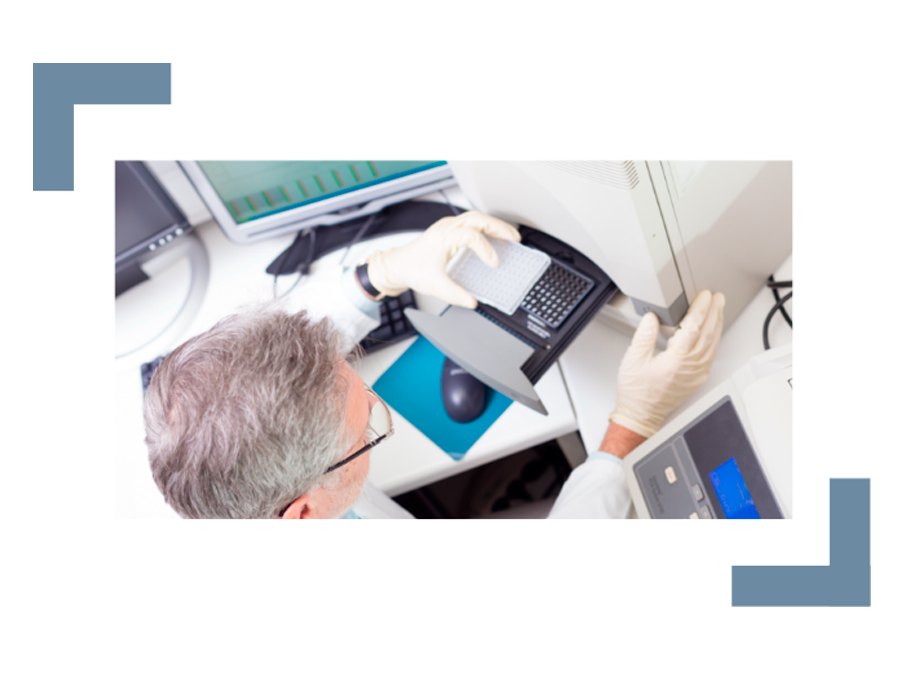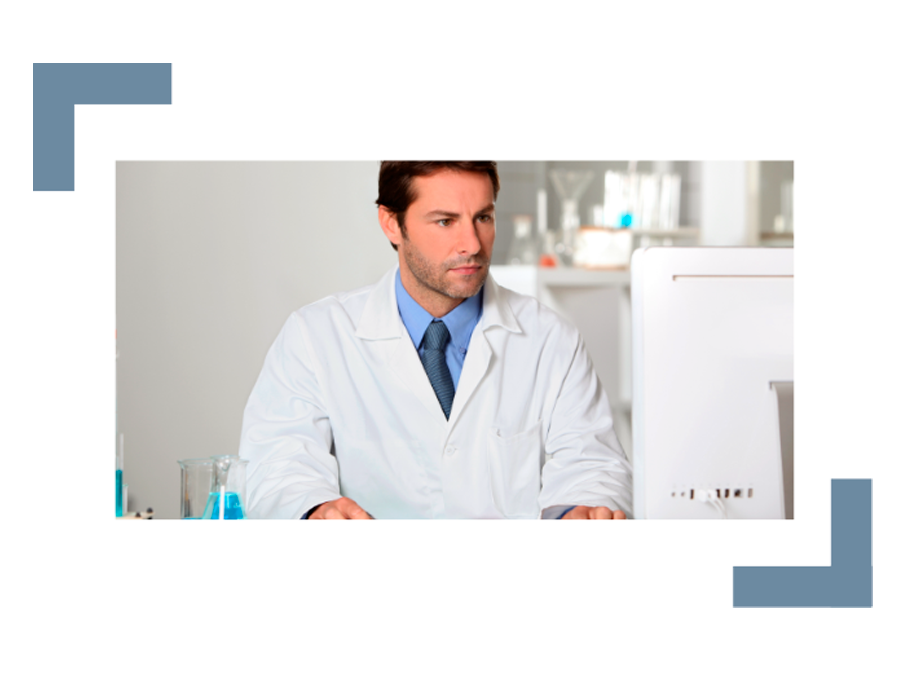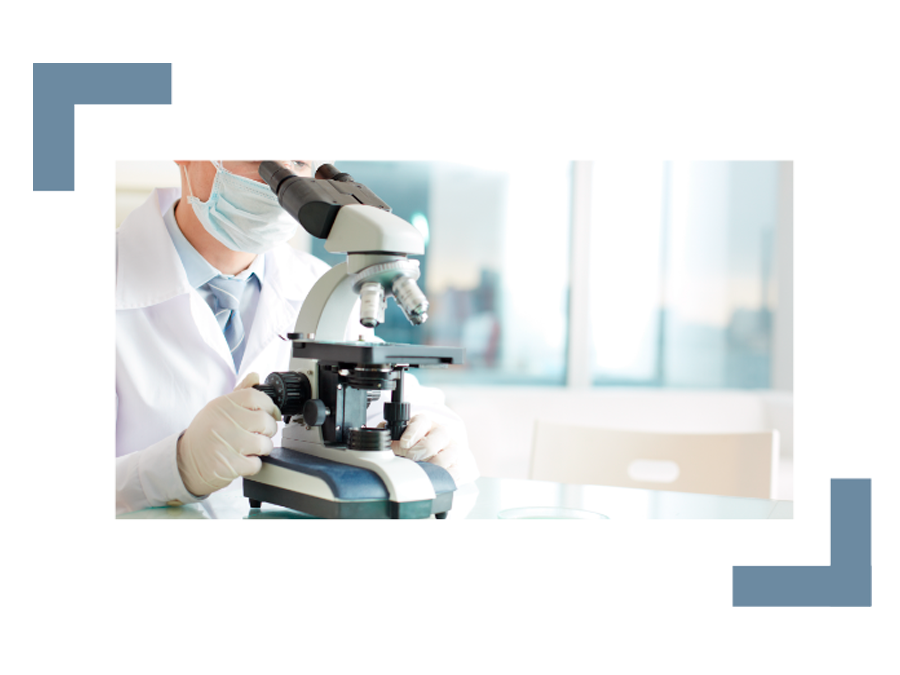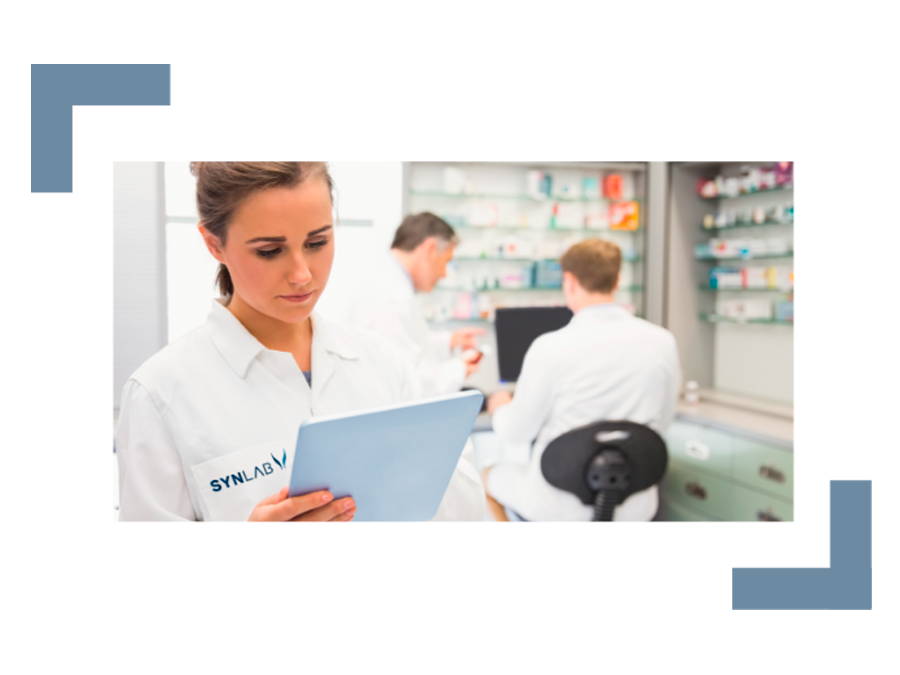The Microbiology and Parasitology Department's mission is to provide a rapid and accurate microbiological diagnosis, which is essential for a patient’s management and recovery, as it makes it possible to administer the appropriate treatment and avoid potential treatment failures with empiric therapies, as well as to increase or select resistances. To do so, the laboratory has automated systems for seeding, incubation and reading, enabling the use of digital microbiology. Likewise, the automation of antibiograms and the use of mass spectrometry techniques for identifying microorganisms and molecular biology techniques help to keep turnaround times to a minimum
The department’s team is made up of doctors specializing in clinical microbiology and parasitology, graduates and laboratory technicians. This team actively collaborates in managing epidemiological surveillance and resistance by participating as members of hospitals’ PROA teams or providing reports of accumulated resistance to hospitals and short- or long-term care centres, as well as to national and regional epidemiological surveillance services in accordance with European regulations.
What we do?
El Departamento de se encuentra organizado en 3 áreas de trabajo:

The area has an automated seeding, incubation and imaging system (BD Kiestra WCA), which makes it possible to ensure the quality of seeding and incubation and the digitalization of readings using images of the culture plates. The identification of all microorganisms (bacteria and fungi) is carried out by mass spectrometry techniques (matrix-assisted laser desorption/ionization time-of-flight mass spectrometry) MALDI-TOF MS. The microbiologist’s interpreted reading of these results enables resistance mechanisms to be detected and communicated to the doctor or hospital as a critical result. Real-time PCR (RT-PCR) is also used for organisms that entail critical alerts in hospitals.

In this area, mycobacterial cultures are performed in solid Löwenstein medium and in liquid medium using an automated system. The dual media approach makes it possible to cover the entire detection spectrum for tuberculous and non-tuberculous (atypical) mycobacteria and to detect the positive samples in less time due to the use of the liquid medium, enabling faster delivery of the result.
The MALDI-TOF MS mass spectrometry technique is used for specific identification of mycobacteria. This enables identification of more non-tuberculous (atypical) mycobacteria species in less time. Antibiograms are performed in the area for positive samples for mycobacterium tuberculosis (M.tb). Likewise, RT-PCR techniques are performed to detect the tuberculous mycobacteria and the profile of Isoniazid and Rifampicin resistance from direct samples.

In this area we study all types of biological samples (faeces, blood, skin, wounds, etc.) for the detection of protozoa, helminths and arthropods of clinical interest. The microscopic observation of biological samples or isolates is complemented by specific stains or the detection of some parasitic antigens or RT-PCR of some parasitic species.
What stes us apart?
Automation of some of the techniques and optimization of the processes enables us to improve our response time and meet the established delivery deadlines.
The department provides clinicians with rapid channels of communication, either directly or via the Support Department, also managing the communication of critical warnings to centres and hospitals via telephone or email.


